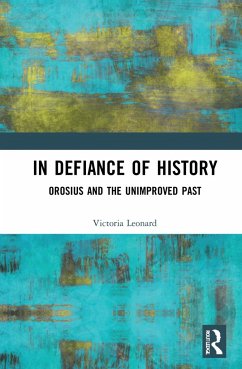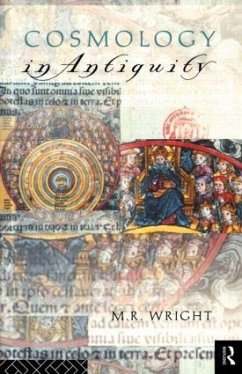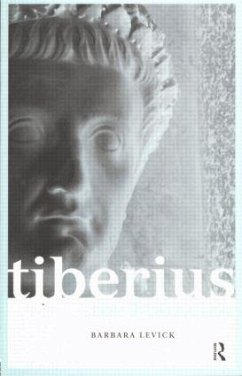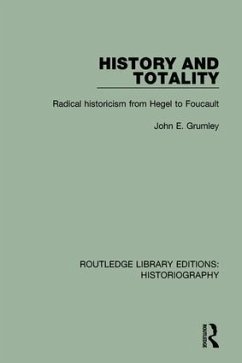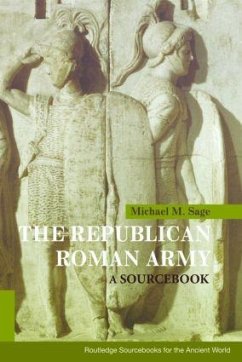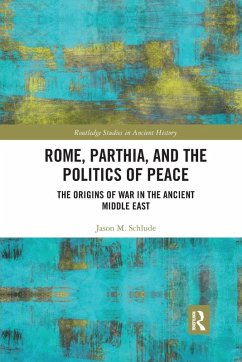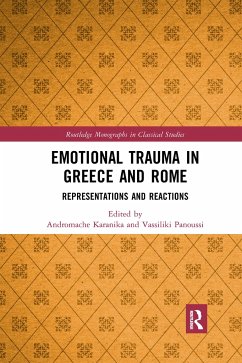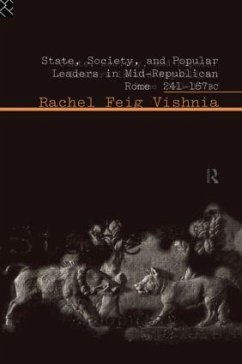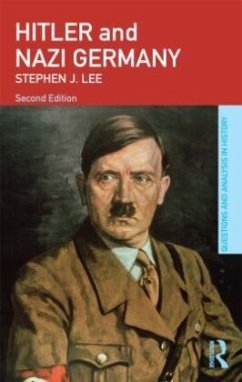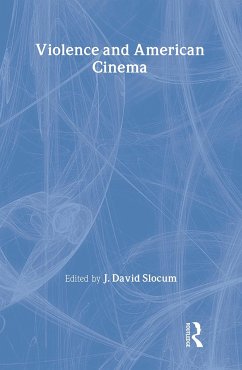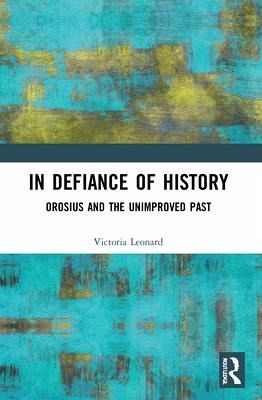
In Defiance of History
Orosius and the Unimproved Past
Versandkostenfrei!
Versandfertig in 6-10 Tagen
38,99 €
inkl. MwSt.
Weitere Ausgaben:

PAYBACK Punkte
19 °P sammeln!
This volume offers a counterbalance to the dismissal that Orosius's Histories Against the Pagans has suffered in most recent criticism. Orosius is traditionally considered to be a mediocre scholar and an essentially worthless historian. This book takes his literary endeavour seriously, recognizing the unique contribution the Histories made at a crucial moment of debate and uncertainty, where the present was shaped by restructuring the past. The significance of the Histories is recognised intrinsically rather than only in comparison with other texts and authors, principally Augustine of Hippo, ...
This volume offers a counterbalance to the dismissal that Orosius's Histories Against the Pagans has suffered in most recent criticism. Orosius is traditionally considered to be a mediocre scholar and an essentially worthless historian. This book takes his literary endeavour seriously, recognizing the unique contribution the Histories made at a crucial moment of debate and uncertainty, where the present was shaped by restructuring the past. The significance of the Histories is recognised intrinsically rather than only in comparison with other texts and authors, principally Augustine of Hippo, Orosius's mentor. The approach of the book is historiographical, exploring the form, purpose, and meaning of the Histories. The themes of divine providence, monotheism, and imperial authority are examined, and the subjects of war and the sack of Rome receive extended analysis. The book foregrounds Orosius's significant historiographical innovations that are seldom explored, such as the subversion of imperial history within a Christian spectrum in the synchronization of the emperor Augustus and Christ. Each chapter contributes to the progression of knowledge about Orosius's Histories and the wider literary and historiographical culture of disruption that characterised the late fourth and early fifth centuries CE.





